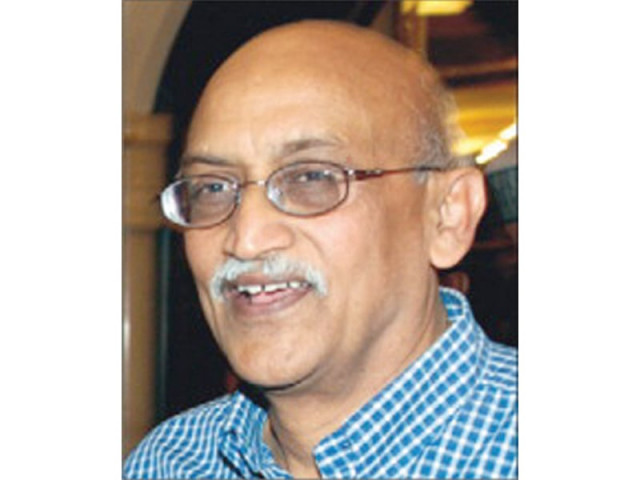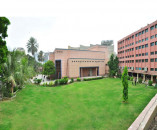Mobile medicine: Phones are better than quacks but lawyers disagree
Misdiagnosis could lead to malpractice suits and legal complications.

Mobile medicine: Phones are better than quacks but lawyers disagree
President for the Pakistan Medical Association Sindh Dr Samrina Hashmi says, “This service can be particularly helpful for elderly people living alone as well as keep unknowing patients from being misguided and mistreated by quacks.” She does caution that more complex cases should be referred to specialists.
“Tele-medicine is a good option for people living in areas where there are no [healthcare] facilities available,” Hashmi adds. Elected member of the Pakistan Medical and Dental Council (PMDC) Dr Shershah Syed agrees with her. “There are around 600,000 quacks in the country. At least the people hired for the telehealth services are doctors and nurses!”
However, some legal experts are concerned about how reliable an initial diagnosis is without any physical interaction or examination of symptoms.
Advocate Nasir Maqsood doesn’t share the PMA and PMDC’s enthusiasm or perspective. “What we are looking at is medical complications, resulting in severe legal consequences in the shape of damage claims on the point of medical malpractice. For example, a person calls up saying they have redness in their eyes and the medical attendant prescribes drops. There is no way to verify whether or not the caller actually applied the drops but in case of any complications they can file a suit against the organisation.”
Similarly, Maqsood says if a person calls about stomach pain their child is experiencing and a misdiagnosis leads to the child’s death, the service is “just inviting trouble for itself.” What he suggests is holding frequent medical camps where patients can come in and be physically examined. “The PMDC Act 1962 endorses that a patient be physically examined by the doctor before prescribing medication,” Maqsood said.
“That would be in an ideal world,” Dr Shershah argues in favour of telehealth. “But we are clearly not in one. At least this way early referrals will be possible instead of further complications before a medical professional is visited.”
Dr Shershah points out that because of a lack of organised government set-ups people are buying chemotherapy anti-toxic drugs over the counter. “The main and important benefit is to deter people from frequenting quacks and giving them access to credible information,” he argues.
Telehealth services are not a new concept, and exist in many countries. “Those services prescribe simple over-the-counter medication such as Tylenol,” Maqsood retorts.
Aman Telehealth’s executive director Dr Junaid Razzak provides a comparison. “The National Health System in the UK and closer to home, the Health Management Research Institute (HMRI) in India, have been offering the service without any major issues.” Aman’s programme comprises algorithms generated by the system once the data of symptoms are entered - all based on the HMRI model.
“In that case they [Aman Telehealth] should advertise that they are only catering to patients with the flu and cold etc,” Maqsood says. Razzak confirms that the administration had consulted lawyers in the initial stages of the project. “PMDC regulations state medical prescriptions can be only over-the-counter medication which is what we are doing. This is primarily a simple advice line and no major treatment is being prescribed or suggested.”
Published in The Express Tribune, January 16th, 2012.



















COMMENTS
Comments are moderated and generally will be posted if they are on-topic and not abusive.
For more information, please see our Comments FAQ